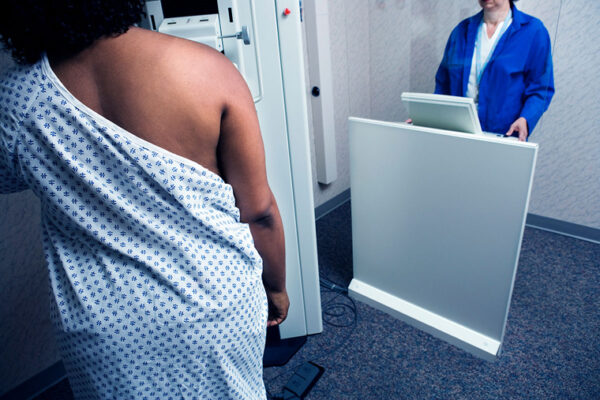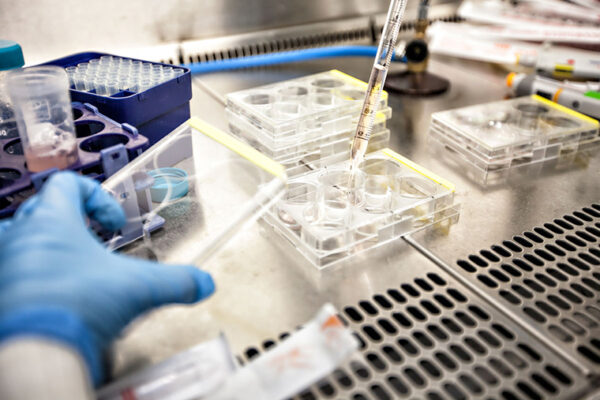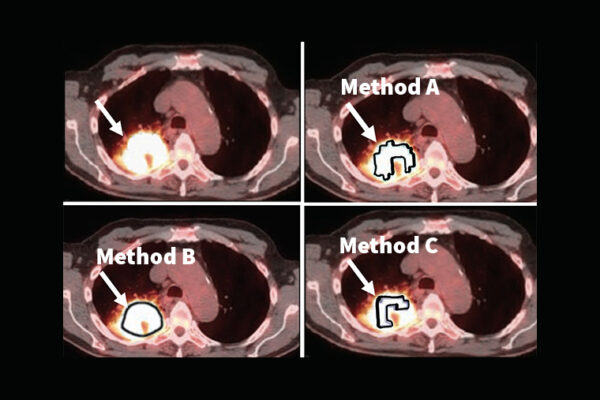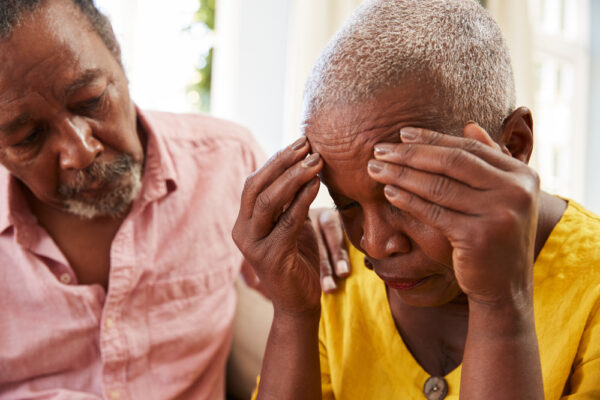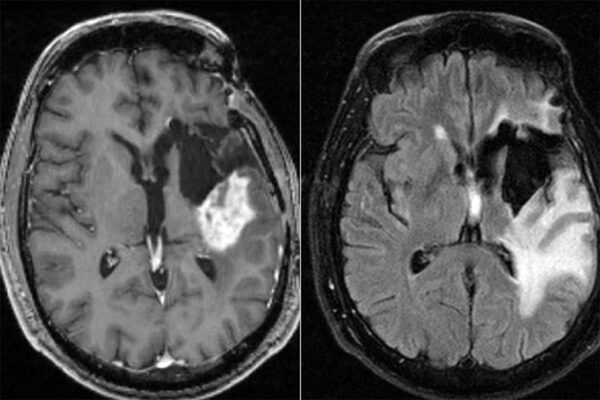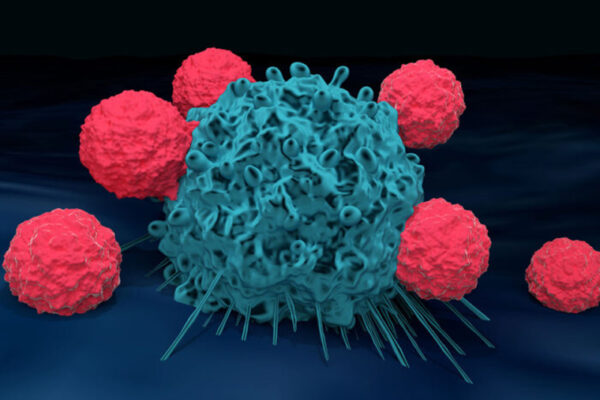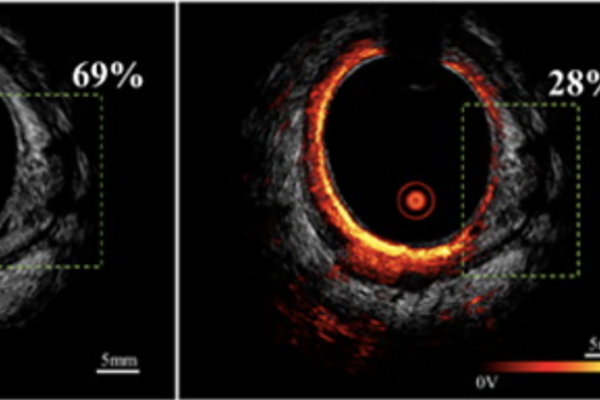Triple-negative breast cancer more deadly for African American women
A new study from Washington University School of Medicine shows that African American women with triple-negative breast cancer have higher mortality than white American women with this aggressive tumor. The investigators call for more research to understand the factors driving the disparities.
Cancer has ripple effect on distant tissues
A new study with zebrafish shows that a deadly form of skin cancer — melanoma — alters the metabolism of healthy tissues elsewhere in the body. The research led by chemist Gary Patti suggests that these other tissues could potentially be targeted to help treat cancer.
Sugar-sweetened drinks linked to increased risk of colorectal cancer in women under 50
A new study led by the School of Medicine has found a link between consuming sugary drinks and an increased risk of colorectal cancer among women under 50. The findings could help explain the rising rates of colorectal cancer among younger adults.
Personalized cancer vaccines for breast, pancreatic cancers show promise
Researchers at Washington University School of Medicine have shown that personalized cancer vaccines made using DNA can program the immune system to attack malignant tumors, including breast and pancreatic cancers.
Women seeking help for unmet needs often overdue for cervical cancer screenings
Scientists at Washington University found in a study that a new, more involved approach is needed to get women who need help with basic resources to undergo screenings for cervical cancer.
Jha to develop imaging methods with $1.8M NIH grant
Abhinav Jha, assistant professor at the McKelvey School of Engineering, has received a four-year $1.83 million grant from the National Institutes of Health (NIH). He will develop a new framework to evaluate quantitative imaging methods and help doctors make better decisions.
How marriage is impacted by a breast cancer diagnosis among African American women
Most African American women described successfully navigating the challenges of a breast cancer diagnosis with their partners, finds a new analysis from the Brown School at Washington University in St. Louis.
Chemo for glioblastoma may work better in morning than evening
A new study from Washington University suggests that a minor adjustment to the current standard treatment — giving chemotherapy in the morning rather than the evening — could add a few months to patients’ survival.
Zika virus helps destroy deadly brain cancer in mice
Zika virus can activate immune cells to destroy an aggressive brain cancer in mice, giving a powerful boost to an immunotherapy drug and sparking long-lasting immunological memory, according to a study from School of Medicine researchers.
‘Leap forward’ in risk management of rectal cancer
The lab of Quing Zhu at the McKelvey School of Engineering has developed an imaging system that helps differentiate residual cancerous tissue from recovered healthy tissue after treatment in patients with rectal cancer, the third-most common cancer type in the U.S.
Older Stories
